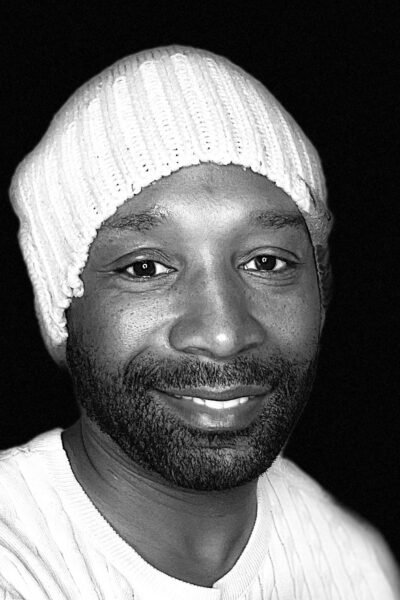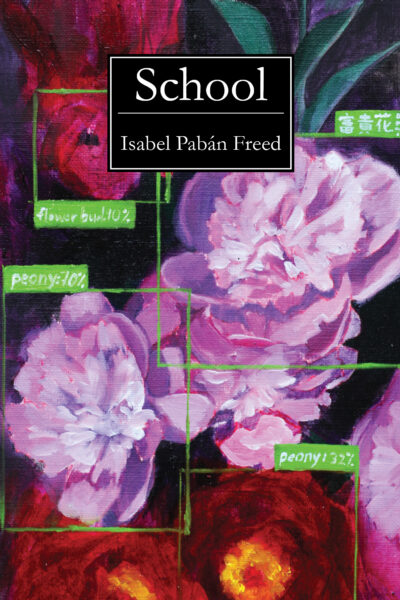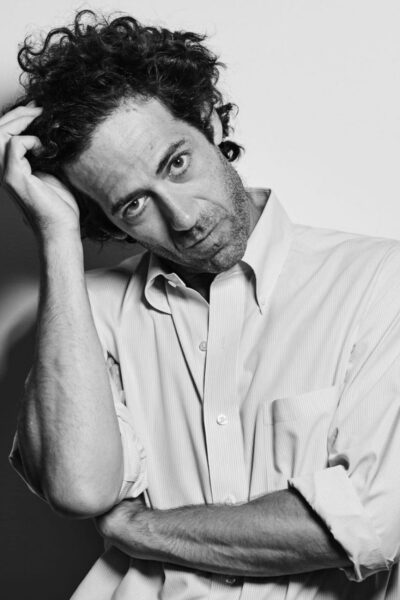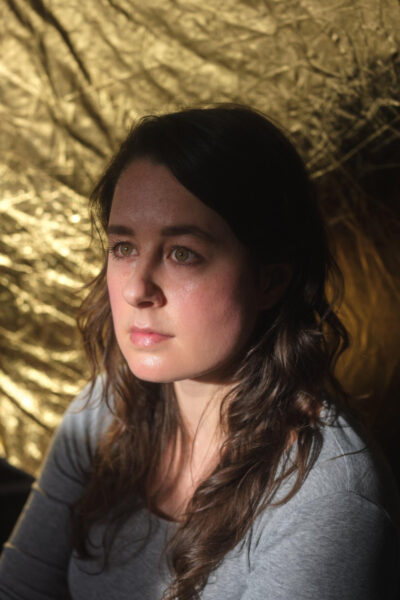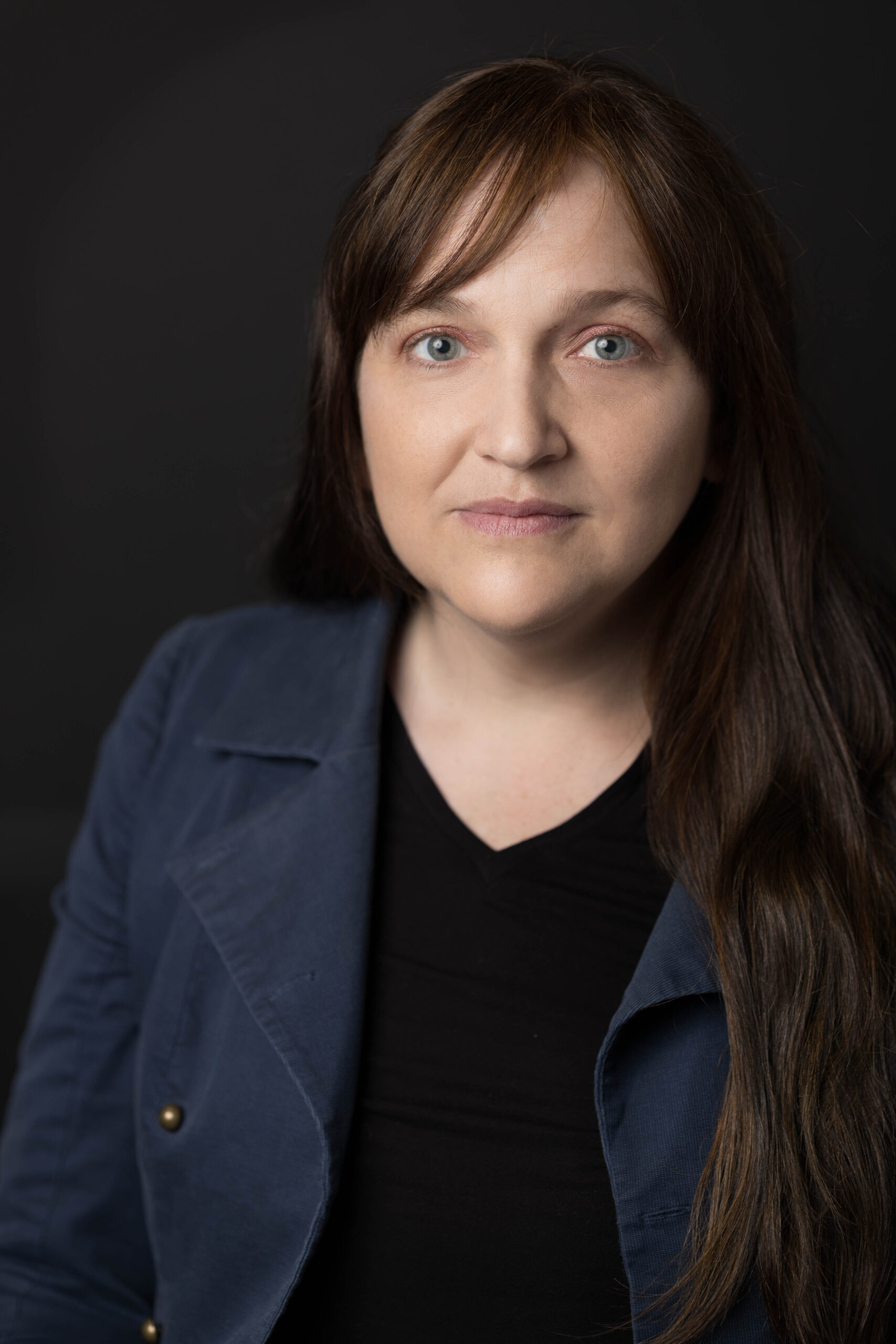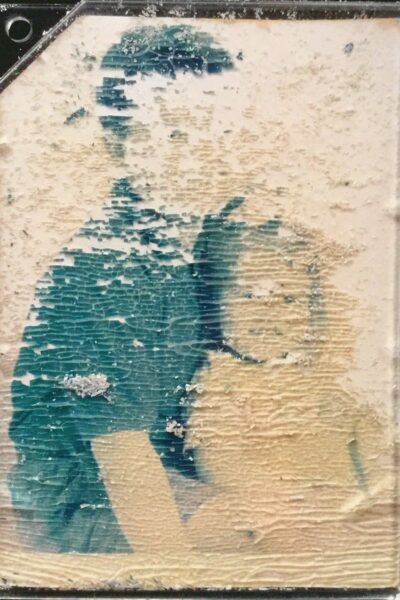The 1980s HIV/AIDS epidemic narratives . . . essentially whitewashed the problem and privileged the lives of white gay men . . . Those narratives also infiltrated the publishing industry at the time: the only book-length narratives by a single author to have been HIV-positive, and probably later died of AIDS, were written by white, gay men.
Through the ventriloquist act of fiction, I could finally admit to the parts of myself and my situation that I was too nervous or scared or ashamed to see.
Unlike with a fat crime novel, where plot is king and words are more like soldiers going off to battle in wave after wave, these words are precisely chosen to maximize the spareness of the prose
I am inspired by writers who write their own stories without worrying how they might be received or criticized by the White audience. That’s fearless, and writing work you can stand by is essential. There is no guarantee about how well it will be received . . . Writ[e] something you are proud of, that’s my goal.
I don’t think of transness as this ontological curse, but I remember thinking that way. Part of writing the novel was trying to undo that thinking, even as I represent it.
Writing is its own experiment and we cannot determine whether the experiment has worked until we’ve given it a go.
While I was writing Headshot I didn’t feel like I was watching a boxing tournament, I felt like I was fighting in it. I was trying to write from a space of inside the girls’ bodies, and inside the space of the tournament. Youth sports tournaments can have their own physics.
Would be great if [my readers] approached the text as a hungry ghost does food.
There’s a lot of violence in humankind’s shared history with animals, a lot of discomfort. I hope that, just as an honest war movie is inevitably anti-war, the tragic horses I write about move people to reconsider their own relationship to past violence.
Is it possible to freeze the ephemeral? To textualize liveness? I don’t think so, but CASKET FLARE attempts to.



